|
For decades debates over the ivory trade have dominated the global conference on the trade in endangered species and wild fauna and flora (CITES). This reflects huge tension between those against hunting and the trade in ivory and countries with large elephant populations that are in favour. As Duan Biggs and Matthew Holden warn, the subject has led to a host of other equally important issues being pushed off the agenda. They set out ways in which the deadlock can be broken.
Inner city developments all over the world are very often done without consulting the people who will be most affected. This is true in Africa too. But activists in Ghana have shown that it’s possible to redefine the established methods of regeneration projects. Lewis Abedi Asante observed how activists in Ghana's second largest city, Kumasi, changed the development plans for the largest open market in West Africa.
|

African elephant.
PhotocechCZ/Shutterstock
Duan Biggs, Griffith University; Matthew H. Holden, The University of Queensland
As the ultimate custodians,it is urgent that African countries with elephants take
ownership of the processes at CITES.
|
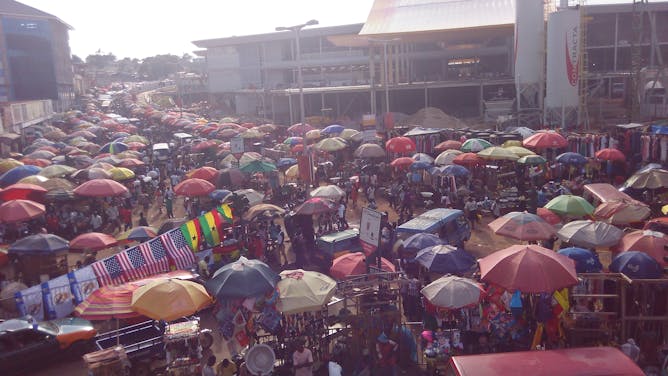
The Kumasi Kejetia Market is the biggest in West Africa.
Lewis Abedi Asante
Lewis Abedi Asante, Humboldt University of Berlin
Governments should change their approach by deepening collaboration with citizens to ensure delivery of urban infrastructure
|
Politics + Society
|
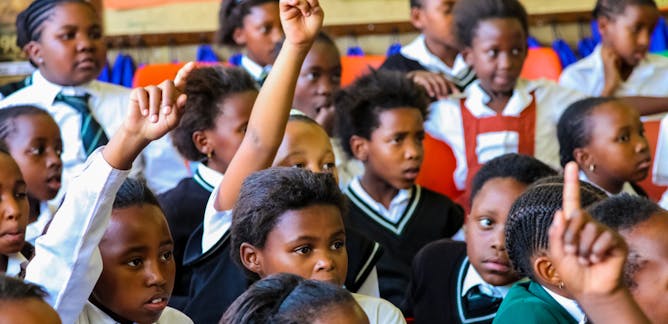
Nhlanhla Mpofu, University of the Free State
Student teachers saw certain incidents in their classrooms as a learning process that caused them to act, respond and reflect so they could maintain quality teaching.
| |
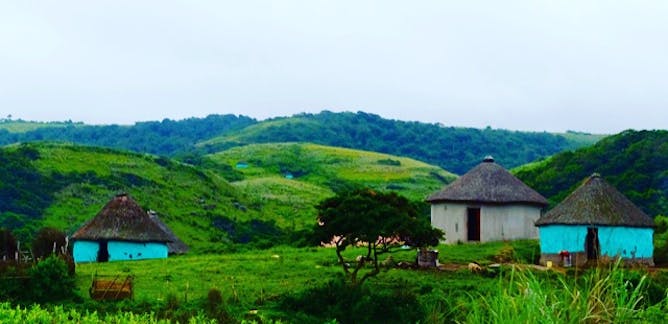
Chioma Ohajunwa, Stellenbosch University
The Bomvana say the global development agenda has created division because it sees people as individuals rather than primarily as members of a collective.
|
|
|
From our international editions
|
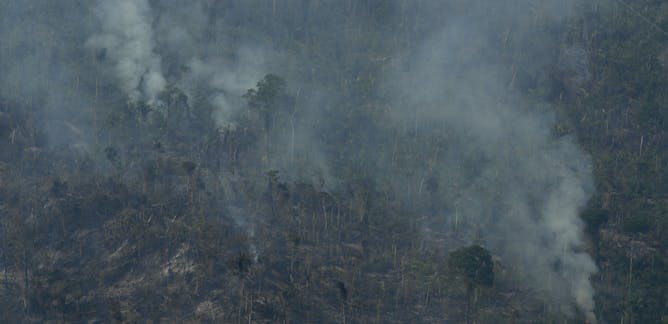
Scott Denning, Colorado State University
If the Amazon rainforest functions as our planet's lungs, what do raging wildfires threaten? An atmospheric scientist explains why the fires, though devastating, won't suffocate life on Earth.
| |
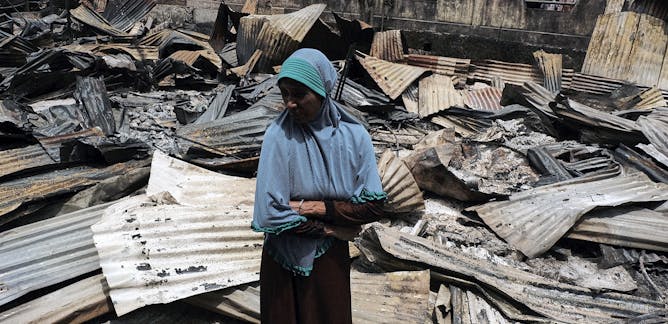
Asmiati Malik, Universitas Bakrie
Adopting an inclusive development approach to the well-being of Papuans is the best solution to solve Papuan problems.
|
|
|
En français
|

Alexandre Ployé, Université Paris-Est Créteil Val de Marne (UPEC)
En 2004, il y avait 37 000 élèves en situation de handicap dans le secondaire. Ils sont aujourd’hui 140 000 environ. Mais derrière les chiffres se pose la question de leur réelle intégration.
| |
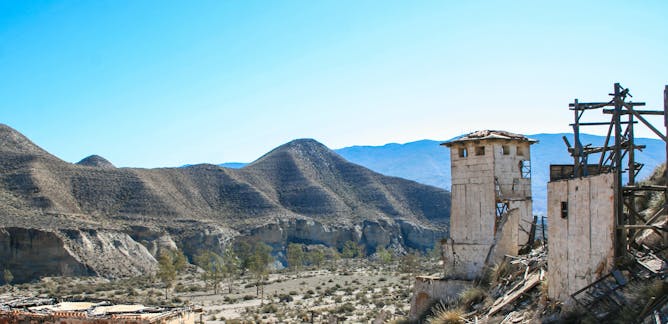
Ivanne Galant, Université Paris 13 – USPC
Le concept de « tourisme culturel » ne sert qu’à mettre en mots une réalité ancienne, dont seules les modalités changent au fil des époques.
|
|
|